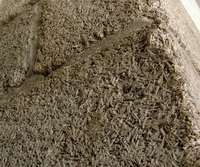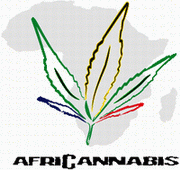Matjhabeng in the Free State province is a good example. The sewage system has collapsed; old leaky water pipes result in frequent water shortages, with an estimated 40% of water lost.
Thousands in the area have no private access to water, and hundreds of people are forced to share single taps. More than 15,000 use what is euphemistically called the “bucket system” — a household bucket used as a toilet, with slopping out in communal dumps every morning. Across South Africa almost 900,000 people are forced to use the bucket system.
The growing frustration has been expressed in significant township rebellions and protests during the last two years. Tens of thousands of people across the country have refused to accept these conditions 12 years after the end of apartheid.
For example, since the middle of last year, there have been more than 50 large protests in towns and cities across South Africa. Every major city and provincial authority has been affected. Most have been triggered by the ANC’s failure to deliver basic services, and resistance to the introduction of user-pays for water and electricity services.
As Cape Town protester Mzwandile Qolintaba told Reuters on May 25: “I feel a lot of pain. We don’t have electricity, we don’t have toilets ... our children are sick because we don’t have any water. I am angry.”
Read more
Thousands in the area have no private access to water, and hundreds of people are forced to share single taps. More than 15,000 use what is euphemistically called the “bucket system” — a household bucket used as a toilet, with slopping out in communal dumps every morning. Across South Africa almost 900,000 people are forced to use the bucket system.
The growing frustration has been expressed in significant township rebellions and protests during the last two years. Tens of thousands of people across the country have refused to accept these conditions 12 years after the end of apartheid.
For example, since the middle of last year, there have been more than 50 large protests in towns and cities across South Africa. Every major city and provincial authority has been affected. Most have been triggered by the ANC’s failure to deliver basic services, and resistance to the introduction of user-pays for water and electricity services.
As Cape Town protester Mzwandile Qolintaba told Reuters on May 25: “I feel a lot of pain. We don’t have electricity, we don’t have toilets ... our children are sick because we don’t have any water. I am angry.”
Read more






No comments:
Post a Comment